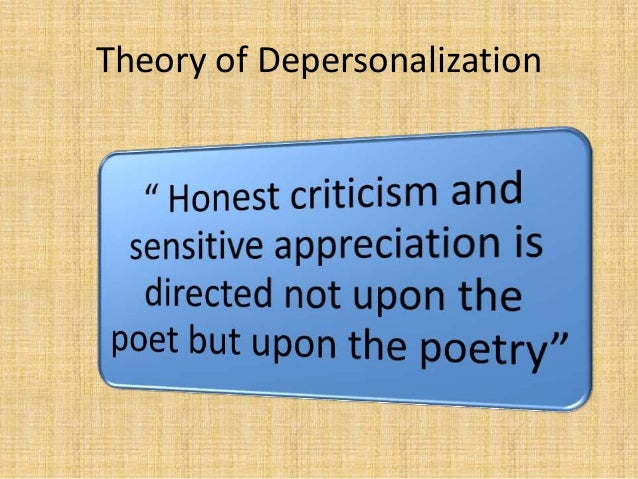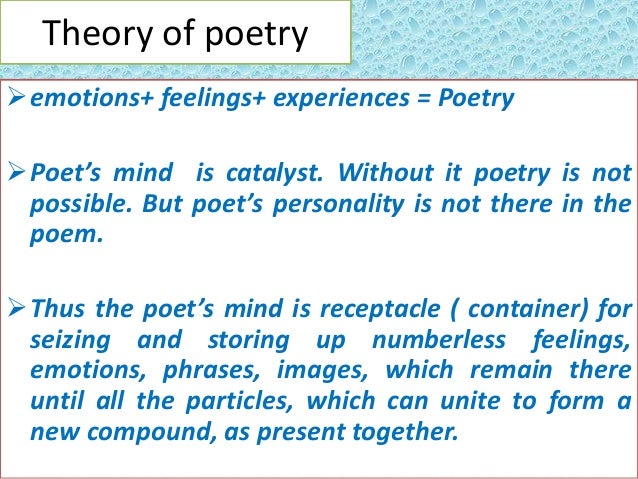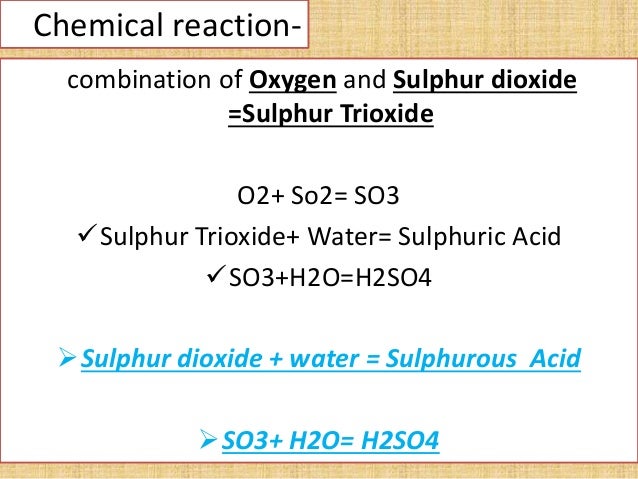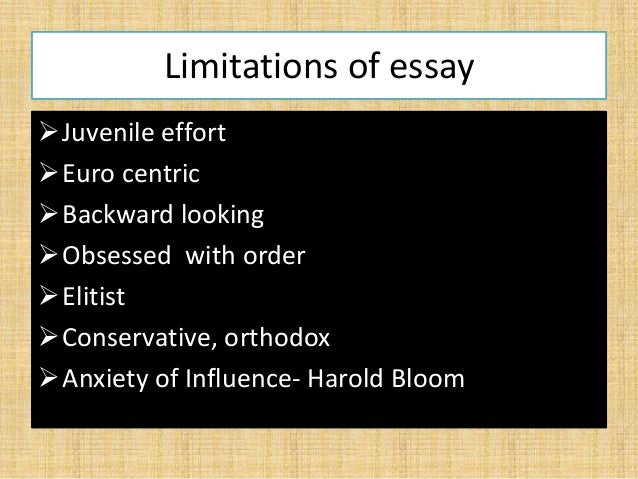I wanted to sleep, but this question not allowed me to do so. I had so many questions, but no answer.
Samuel Beckett got inspiration for setting of the play from a painting titled 'Longing' by Caspar David Friedrich.
The setting of the play is A country road. A tree. Evening.
A tree is very important in the play. it is barren, in the first act, which suggests barrenness, hopelessness and despair. Where as in second act, few leaves grows to that tree. this symbolize hope that Godot must come. We can take another meaning that it suggests that they are waiting for so long time. it may be interpreted as a seasonal change. because leaves don’t come overnight.
☆ the setting with some debris. Can you read any meaning in the contours of debris in the setting of the play:-
Debris:-
• Rubble, wreckage, scattered remains of something destroyed.
• Litter and discarded refuse.
• The ruins of a broken-down structure.
• Large rock fragments left by a melting glacier etc.
this is the background where two tramps Vladimir and Estragon are waiting for Godot.
this outside ruined, destroyed place symbolize their inner self, their mentality. debris itself represents the nothingness, uselessness of the thing they are doing. debris provides true background of the situation in which two tramps are.
very first line of play is “Nothing to be done”. and while play as such nothing significant happens. and this same dialogue repeats many a time. recurrence of Nothing again and again makes it something.
Godot-a positive play, not negative
this point leads us to deep philosophical thinking. Vladimir & Estragon are waiting for Godot, but Godot never comes. so the waiting is endless, which may lead us to think that the play is negative play. but it is not so.
E.G. Marshal's view (who played Vladimir in original Broadway production 1950s) are very positive about the play. play is coming at immediately after World wars. large massacre lead people towards negation of life.
so the views of E.G. Marshal becomes important that -No matter what— atom bombs, hydrogen bombs, anything—life goes on. You can kill yourself, but you can't kill life." this statement is very philosophical..
props used in Waiting for Godot by Beckett are hat and boot, and it has its own significance. nothing is useless or unintentional. it symbolizes something. props like hat and boot are meaningfully connected. Estragon and Vladimir plays trick with it. Vladimir thinks a lot, where as Estragon thinks about eating. and often he forgets that they are waiting for Godot. hat symbolizes thinking and Sticking boot of Estragon signifies a ditch, poor condition they are living.
Master Slave: Pozzo and Lucky
yes, too much obedience of slave Lucky to master Pozzo is irritating and nauseatic. play looks like a great satire on internalized slavery. it is surprising that even if master is blind , rather than runaway slave gives whip in master's hand to control. the ill treatment of Lucky by Pozzo is problematic. How can one be so obedient? and how can anyone treat other in such a torturing way? IT MAKES ATTACK ON SLAVISHNESS OF MIND. one's inability to break customs( thinking) and to be a true individual.
According to me Godot is Nothing, at the same time everything because it is open for personal interpretation. once Beckett was asked - who is Godot? he replied that if I would knew, then I might have told it in play !!!!!
one interpretation is possible that Godot, is nothing but God. which is common in French to write with "OT" ( is added)God- Godot. Estragon and Vladimir have so many expectation from Godot. they thought that when he will come our all suffering will end. this leads us to think that Godot may be God.
Beckett left over reader to interpret who is Godot? so we can compare it with anything. In our life, we all are waiting for something. life itself is nothing but waiting. so whatever one is waiting for curiously, and think that he will be happy after getting is Godot.
The subject of the play is not Godot but ‘Waiting’” (Esslin, A Search for the Self). Martin Esslin argues that, waiting is more important not Godot. Since its publication all were talking about Godot but Esslin says that Waiting is at the centre. Waiting is essential human condition of life. throughout our life, we all wait for something. Godot is just symbol, object, metaphor or event. after getting one (goal) we wait for other & it goes on . Waiting is infinite.
Waiting for Godot is better to read than view. Because it requires a lot of thinking. in Movie dialogues are spoken too fast which is difficult to understand. Reading allows free flow of imagination. where as in screening imagination gets controlled. At the same time Audio- visual is helpful in understanding content in better way. Students generally don’t like to read original text, so it is better to read & comprehend through Audio -visual. play comes from Europe, and we are not aware about their culture, myth, symbol etc. so for everybody it is not possible to understand. at this point movie is boon. Movie has ability to transfer the feeling of character into viewer.
Entire movie is carefully presented with many interesting sequences like Vladimir and Estragon killing time, episode of Lucky and Pozzo, etc.
both protagonist's attempts to kill time looks humorous, futile and meaningless. both debates over how to pass time- they do things like- lets abuse each other, let’s play Lucky and Pozzo, both tries to stand on one leg etc. this is really interesting as the same time deeply symbolic also.
Episode of Master - slave is carefully crafted one. Both Lucky and Pozzo come in both the acts. Pozzo beats Lucky, treats him roughly, calls him 'pig'. Vladimir is challenging through questions where as Estragon on the other side makes fun, creates laughter on the stage. the long speech of Lucky is also wonderful.
even the boy comes, is confusing that whether it is the same boy or not. the dialogues between Vladimir and boy are short. boy mostly replies in Yes or No. and sometimes don’t give any answer. and Estragon remains busy in eating & sleeping is also meaningful.
Yes, we feel existential crisis - Vladimir and Estragon are waiting for Godot, but Godot never comes. we know that their waiting is absurd, futile. so what is the significance of things we are doing. Who am I ? Why am I here? why I am living? what will happen if I die?.- Nothing. we have no answers. our lives has very limited significance. so when we try to think in this direction it leads towards Existential crisis. I felt that crisis in second act, when boy reappears and tells that Godot, will not come today, but tomorrow he will come. this entire sequence turns hope into hopelessness, it leads to negation of life. Expression and soliloquy of Vladimir is wonderful to express this feeling.
Vladimir and Estragon talks about ‘hanging’ themselves and commit suicide, but they do not do so.- because of hope that Godot will come tomorrow, and he will do everything alright.
Existentialists says that we have habit of living, of breathing. We cannot leave these habit.
 she was used as mere pawns or puppet. She lost her caring father and also rejected by his lover prince Hamlet. Hamlet tells her to go to Nunnery. Now only just try to think her condition!!, tThere is no one present who gave her love. She is all alone!!!!!.Psychology also says that every one needs love in this sort of condition and when one fails to get that he/she becomes mad. Same thing happen with her. I have great sympathy for her. And when Laertes comes back and saw that his dear sister is mad at that time brother’s expression was also tragic.
she was used as mere pawns or puppet. She lost her caring father and also rejected by his lover prince Hamlet. Hamlet tells her to go to Nunnery. Now only just try to think her condition!!, tThere is no one present who gave her love. She is all alone!!!!!.Psychology also says that every one needs love in this sort of condition and when one fails to get that he/she becomes mad. Same thing happen with her. I have great sympathy for her. And when Laertes comes back and saw that his dear sister is mad at that time brother’s expression was also tragic.


